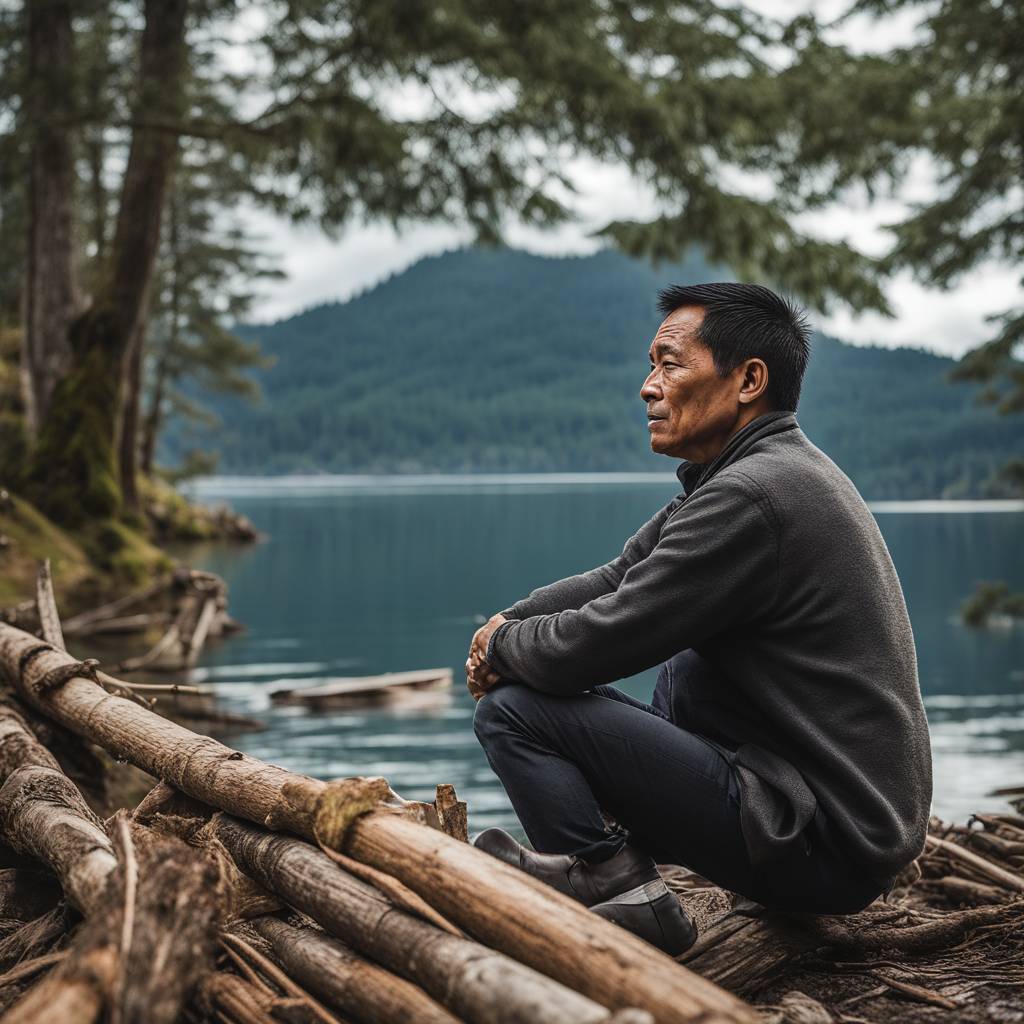The first documented Filipino immigrant to Canada, Benson Flores, is finally receiving a gravestone after new research confirmed his historical significance in British Columbia. Flores arrived in 1861, before the province became part of Canada, and eventually settled on Bowen Island in 1892. The Bowen Island Museum and Archives president, Rob Forbes, emphasized the importance of recognizing Flores’ contribution, as Filipino immigration history has not been as well-documented as other groups. The United Filipino Canadian Associations in B.C. organized a day of commemoration for Flores, with many members of the community coming together to honor his life and achievements.
The discovery of Flores’ story was made by freelance journalist Joseph Lopez during his research to find the first Filipino immigrant in Canada. Prior to this revelation, the timeline of Filipino immigration in Canada was believed to be later, with a group of tannery workers arriving in the 1930s. Flores, however, had been living on Bowen Island as a fisherman decades earlier. Forbes highlighted the importance of recognizing early Filipino immigrants and their contributions to Canadian society. Flores lived in a shack he built on floating platoons in Snug Cove and was known for establishing Bowen Island’s first boat rental business.
Forbes believes that Flores lived on Bowen Island for most of his life, until his death in Vancouver in 1929. He was buried in an unmarked grave at Mountain View Cemetery, where a celebration of life will be held on April 13. A memorial tombstone will be unveiled during the ceremony, with a Squamish elder and a Filipino Catholic priest in attendance. The funding for the new monument was raised through a GoFundMe campaign organized by Teodoro Alcuitas, who is also creating a documentary about Flores’ life. Forbes encourages the Filipino community to take pride in their historical roots in Canada and to celebrate the early immigrants who helped shape the nation.
The UFCABC held a day of commemoration for Flores on April 11, exactly 95 years after his passing, which drew a significant turnout from the Filipino community. Advisory board member Cliff Belgica emphasized the importance of recognizing the vibrancy and contributions of Filipino pioneers to the larger Canadian community. The event featured speeches, songs, and ceremonies in honor of Flores, shedding light on his historical significance as an early Filipino settler in Canada. Lopez’s discovery of Flores’ immigration records has changed the previously believed timeline of Filipino immigration, highlighting the presence of Filipino immigrants in Canada as far back as the late 1800s.
The unveiling of the tombstone at Flores’ grave at Mountain View Cemetery marks a significant moment in recognizing the historical contributions of early Filipino immigrants in Canada. The monument, funded through community donations, serves as a permanent reminder of Flores’ presence and impact on Bowen Island and beyond. A celebration of life will be held to honor Flores’ memory and pay tribute to his pioneering spirit. Through events like this, the Filipino community can come together to commemorate their heritage and take pride in their shared history in Canada. Forbes hopes that this newfound recognition of Flores will inspire future generations to appreciate the diversity and unity within Canadian society.
In conclusion, the story of Benson Flores sheds light on the early Filipino immigration history in Canada and the contributions of early Filipino settlers to the development of the nation. The recognition of Flores’ legacy through the unveiling of his tombstone and the commemoration of his life serves as a reminder of the diverse roots of Canadian society. By celebrating and honoring the pioneers who came before them, the Filipino community in Canada can take pride in their rich heritage and the lasting impact of their ancestors on the country. Moving forward, it is essential to continue to research and document the stories of early immigrants to ensure that their legacy is preserved for future generations to appreciate and learn from.


